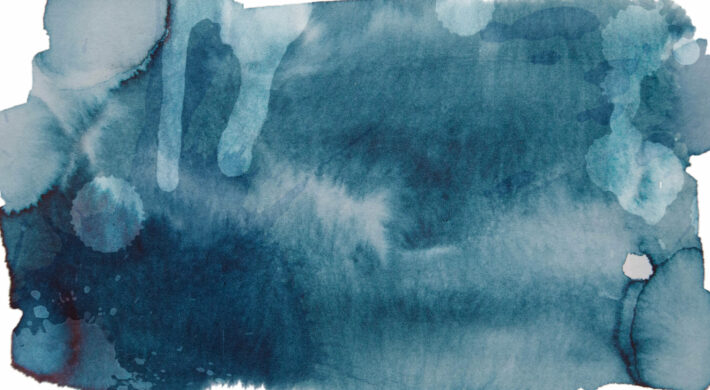New poetry anthology reflects on climate change and anthropogenic impacts on coastal and ocean environments

Reflecting on the role of poetry in human life, I once said that poetry offers ‘opportunity for a pause’. However, thinking back on this statement, I would now say that poetry does much more than this. It provides a way of remembering the past, of allowing all the intangible aspects of being alive to easily flood the senses. Poetry does not constrict writing in the way that disciplinary conventions might.
In my third poetry anthology, Between Worlds (RPCIG: Cameroon 2022), I consider the business of being in ‘between’, specifically being in ‘between’ worlds of different kinds. I think of climate change and anthropogenic impacts on coastal and ocean environments. I am also fascinated by the sheer diversity to be found in marine biological environments and the revelations which marine scientists offer. I propose that in the Anthropocene, we are all ‘between’ worlds. We are precariously lingering between dreams and reality, between peace and war, between intuition and consciousness, conservation and exploitation, stability and instability.
In keeping with the radical new normal presented by the global pandemic of Covid-19, the poems were produced in what I call ‘insomniac moments’, between dusk and dawn, thereby producing (in my mind) a new methodology which I (for now) humorously call, ‘Twilight Creativity’ (TC). More seriously though, the work articulates the liminal, potentially catastrophic phase in which humanity finds itself. We are at critical turning point in human ecological history.
The anthology is also inspired by collaborations in the UKRI GCRF One Ocean Hub project, specifically earlier (UN World Oceans Week engagement with artist Michael Yahgulanaas 2020) and more recent engagements with One Ocean Hub colleagues researching heritage and gender issues in Cape Coast, Ghana. The Ghana work for me, reveals the rich cultural heritage of humanity and its relevance beyond government prescriptions regarding heritage management. The anthology also expresses modernist anxieties regarding socio-environmental crises, such as the impact of the MV Wakashio spill in Mauritius, the role of civil strife in Cabo Delgado, Mozambique and fears regarding hostile takeover in the Indian Ocean region.
There are 53 poems in the anthology. These articulate aspects of human relations with the sea, or marine biodiversity in South Africa, Tanzania, Ghana, Canada, Mozambique, Japan, Madagascar and Mauritius among other countries. The poems speak of gender relations, human sensory interaction with the oceans, the agency of oceans in an anthropocentric world and utilitarian uses of the sea. One day, I’d like the poetry book to be used in English literature classes on Ocean Studies across schools in Africa.
The second part of the anthology eases into thoughts on a post-human, post-apocalyptic, alien future beyond the climactic deadline of 2030. Here I suggest, via an imaginary ethnography, that rather tragically, humans have been compelled to settle on new alien worlds due environmental devastation on Earth. In this final section, the poems leverage the texturized apocalyptic art of a digital artist Arthur Haas from the Netherlands. Meanwhile, the cover image and photography of submerged women in the anthology does double work. It tells of the hidden, positive role of women in climate change and of their often, publicly submerged contributions. The photographs were generously provided by Polina Tankilevitch, Moscow.
Canoe Women (Ghana)
Canoes gather for a wild festival
Of colour, joy and feasting.
Women in bright garb
Circle the canoes,
Dancing to ancient rhythms
Invoking the protection
Of spirits, swimming deep
In the Lagoon.
Plastic
Arriving below
I find you bare
Your sandy body unadorned
Of coral jewels.
I find no pearl necklaces
Or tight clam safes.
Instead,
I find
Plastic chandeliers
Unchanging
For a thousand years.
Bento Blessing
(British Columbia)
Sculpted love holding a thousand wishes
Of fortune, peace, wisdom
Spirit guided hands carve love
Messages from the ancient ones
Who straddle land and sea,
Those who know that wisdom like tendrils
Encircling ancient tombs
Wrap around our ankles, pages, and pens
Pushing paper
To form words
To spill thoughts
To bring the bento blessing to you.
The Tide Came
The tide rose that day
An unexpected swell
A wall of rock
That blocked off all light.
No-one expected it
But its time had come
Like clockwork
The Earth was done
And man,
Undone.
